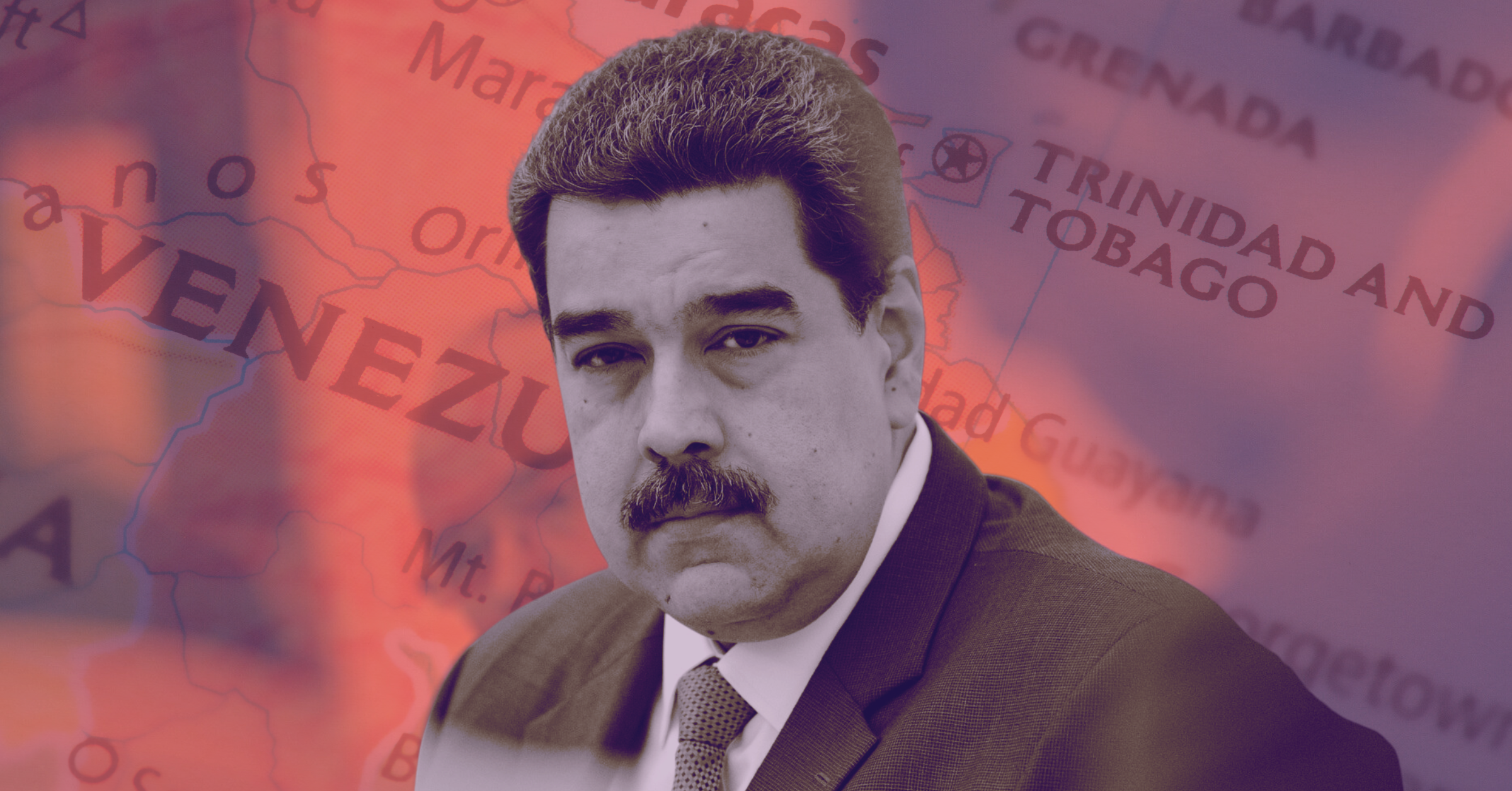The Cost of Not Calling Dictatorships by Their Name

When recently asked whether Venezuela is a dictatorship, the newly appointed Secretary General of the Organization of American States, Albert Ramdin, refused to label it in those terms. His stance, similar to that of the European Union’s new foreign affairs chief Kaja Kallas, seems to rest on the idea that blunt nomenclature doesn’t change reality.
History shows otherwise.
Language matters. It shapes how we see the world and how we respond to it. Calling a dictatorship an “authoritarian regime” or a “government in transition” may seem like a harmless semantic choice, but it has real consequences. It softens the blow. It makes injustice seem tolerable. It dilutes urgency.
Of course, there is no such thing as a perfect democracy. But we also know—because history teaches it painfully—that communist dictatorships have systematically produced misery, repression, environmental devastation, and mass human rights violations. From the Soviet Union to China, from Cambodia to Cuba, from East Germany to today’s North Korea and Nicaragua, the pattern is tragically consistent. In the name of equality and social justice, these regimes have committed some of the worst crimes of the modern era: engineered famines, forced labor camps, political purges, mass surveillance, and the complete annihilation of individual freedom.
And yet, unlike fascism, communism has largely escaped full moral condemnation in many corners of the world. Why?
Because language has been manipulated to shield its true nature. Terms like “people’s republic,” “socialist experiment,” or “popular democracy” give cover to brutal regimes. Even today, many still speak of a “democratic communism” as if it were possible to reconcile total state control with genuine political freedom. It is not.
If language didn’t matter, why would the world’s most repressive regimes insist on calling themselves “Democratic Republics” or “People’s Republics”? North Korea is a prime example: a dynastic totalitarian state that still bears the name “Democratic People’s Republic.” The absurdity is deliberate. Confusion is a tactic. By distorting language, these regimes erode the world’s moral clarity—and delay action.
None of this means we must abandon diplomacy or peaceful dialogue. On the contrary: we must always seek constructive ways to help the peoples of Venezuela, Cuba, Nicaragua, North Korea, China, Laos, Vietnam, Belarus, and others reclaim their freedom. But that process must begin with truth, as Vaclav Havel would say. And truth starts with calling things what they are.
Refusing to label dictatorships as such is not an act of neutrality—it is complicity through omission. It legitimizes repression and obscures responsibility. Diplomacy must no longer be hostage to hypocrisy.
Calling a dictatorship by its name is not mere symbolism, it is a moral imperative. It is a debt we owe to history. Because if we continue to manipulate or soften the language around communist regimes, we risk forgetting the atrocities they committed—and by forgetting, we open the door for them to happen again.
Hernán Alberro is a Senior Fellow with VOC’s Latin America Program. All opinions are those of the author and do not necessarily represent the position or views of the institutions they represent or VOC.

